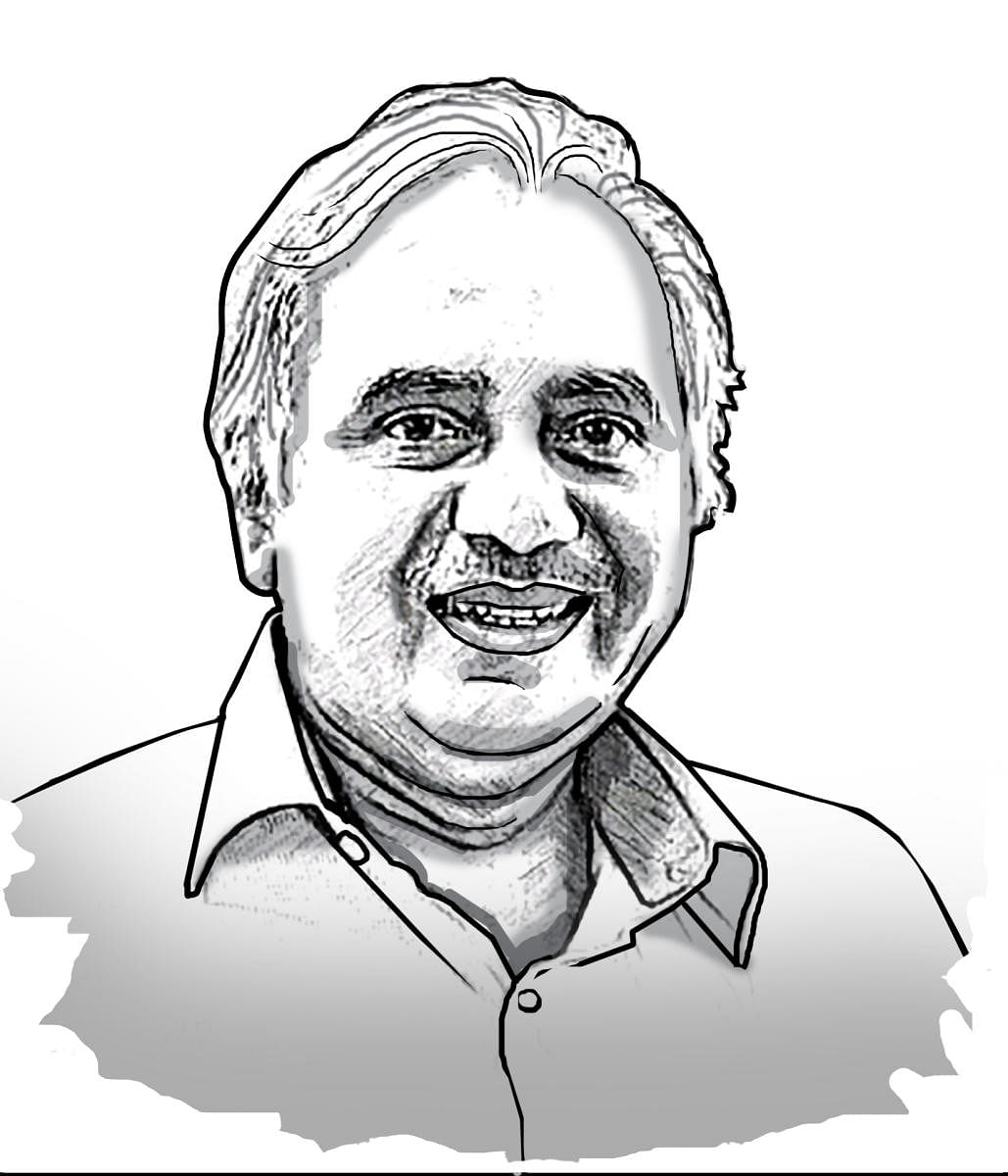Quad now has a definite shape, and it calls for more work from India

“Presidents come and Presidents go, but the PM remains” seems to be the new ‘adage’ in diplomatic circles. In late September, Narendra Modi met the third US President in the seven years that he has been Prime Minister of India. It was not an easy visit and the odds were against a smooth trip. Most America watchers in New Delhi had kept their fingers crossed. But the realities of geopolitics prevailed upon both sides as they sought to look at the future with a broader vision. The Prime Minister’s first US visit post-pandemic allowed a first face-to-face meeting with Joe Biden after he took office as President and with other important world leaders, especially the Quad leaders. Besides, this visit was very different compared to the 2015 visit, which is till date remembered more for the Madison Square event, among other things.
The meeting with Vice President Kamala Harris also assumed special importance given her Indian background and views on the Modi government’s actions, particularly with reference to the abrogation of Article 370 in Jammu & Kashmir. The US Vice President had made unfavourable comments on the issue. Memories of December 2019, when External Affairs Minister S Jaishankar had to cancel a meeting with the House Foreign Affairs Chair due to the inclusion of Pramila Jayapal, another Indian-American Congresswoman who had strongly criticised the Modi government’s policies, lingered. In this background, the Modi-Harris meeting concluded with no mention of Kashmir, the VP accepting an invite to visit India, and a warning to Islamabad not to use Pakistan’s soil for anti-India and anti-US activities.
The Quad leaders’ summit, meanwhile, happened in the background of the announcement of AUKUS, a new trilateral security pact between Australia, the United Kingdom and the Unites States. The security pact, floated just a couple of weeks before Modi’s visit for the Quad meeting, covers the Indo-Pacific and the South China Sea, placing Australia a notch above India and Japan, two important members of the Quad, in the US’ scheme of things. Although the formation of AUKUS was not touted as an anti-China platform, its agenda, like that of the Quad, is evidently meant to be expanded as part of the China containment policy of the US.
The short, and largely successful, visit has opened up a number of avenues for renewed and greater India-US engagement. Needless to say, it is not lost on the Indian side that there is urgent home work to be done on this.
The Quad meeting emphasised a free and open Indo-Pacific, and the desire for peace, stability and security in the sea lanes of communication and to generally keep the region free from the hegemonic ambitions of one country. The meeting was seen as a veiled warning to China. But barely a week later, Australian Prime Minister Scott Morrison hinted at having China as a “partner” in the Quad. In an online media briefing, he has suggested that with a view to working towards a free and open Indo-Pacific, whoever wants to participate in it, including China, is welcome. “We are not in the containment club when it comes to China”, he is reported to have said. He even went to the extent of suggesting that New Delhi would surely concur with his views. India will have to carefully tread the path as far as the future of the Quad is concerned. Between the Quad and AUKUS countries, India is the only one with a land border with China and the only country which has had serious military conflicts with it. The economic and military asymmetry is evident, but not as worrying as it is being made out to be in certain sections of the strategic community.
New Delhi will surely face the predicament of having to go along with the Quad and also play an important role in other multilateral regional institutions where China has an upper hand. Meanwhile, the Chief of Defence Staff (CDS) Gen Bipin Rawat has met with his US counterpart Gen Mark Milley and discussed a range of issues, including regional security issues. It is important to strengthen bilateral arrangements without compromising the strategic autonomy that has been the hallmark of our foreign policy engagements.
Even as we devise ways and means to improve the defence partnership with the US, the terms of reference under the AUKUS should be clearly understood. Ironically, both India and Japan have been kept out, and the AUKUS has certainly angered France. In such a situation, the option of forging a trilateral arrangement between these three democracies should not be ruled out. Obviously, India does not envisage a situation where countries and or situations compel us to cross the threshold of minimum deterrence and enter into a fierce arms race in the region. Such competitions are detrimental to peace and progress, essential prerequisites for economic prosperity.
The Prime Minister in his United Nations General Assembly (UNGA) speech has emphasised on the need to diversify global economy and cooperate on research and development. He also invited global vaccine manufacturers to set up their units in India. The urgent need of the hour is to improve our infrastructure, improve ease of business, provide a level playing field for local entrepreneurs and project ‘Brand India’ as a preferred investment destination. The five top American CEOs whom the Prime Minister met reportedly appreciated India’s economic reform trajectory. But it is important to take these reforms to their logical conclusion by clearing the path of speed breakers. For this, the Prime Minister will have to expand his team, include more experts, give time-based targets and, importantly, build consensus.
(Chari reads between the lines on big national and international developments from his vantage point in the BJP National Executive and the RSS)
Deccan Herald is on WhatsApp Channels| Join now for Breaking News & Editor's Picks